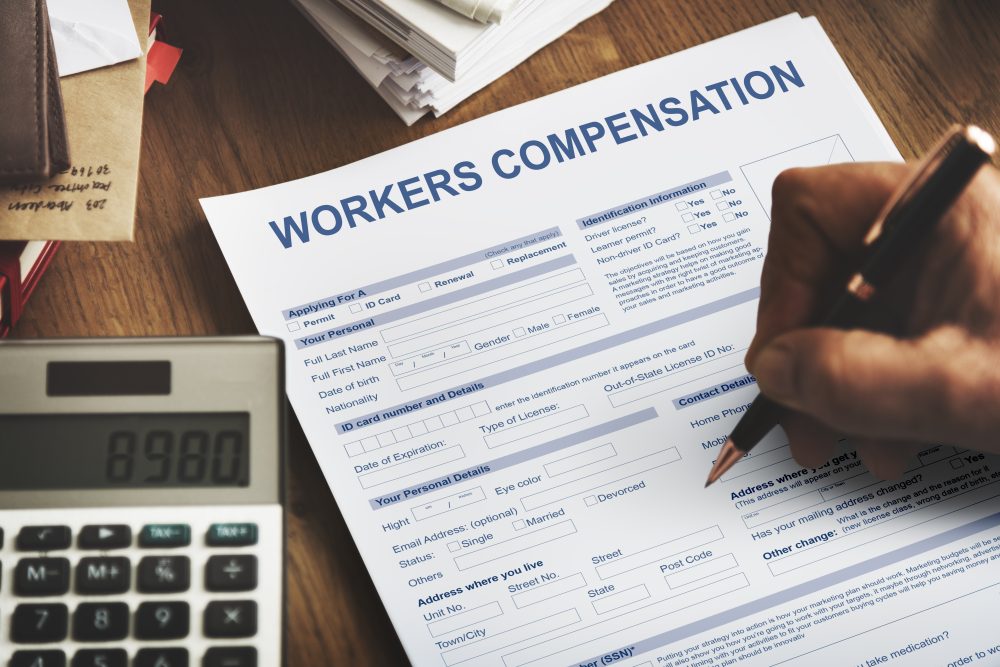How to dispute a workers compensation decision in SA
We are often contacted by people who are surprised by a decision made by the case managers handling their workers compensation claim. Whilst it may seem final, you are able to challenge a decision made by your case manager – however it is not straightforward or an easy process.

How do I dispute a decision?
The process to dispute a determination made by a case manager is commenced by filing an Application for Review with the South Australian Employment Tribunal (“SAET”). Whilst this can be completed on-line, the document itself is long and it’s very important to fill it out correctly.
Mistakes in an Application for Review can significantly affect your ability to successfully challenge a decision. There are also time limits that apply when challenging a decision – a worker has one month in which to file an Application for Review. If you are out of time to file the Application for Review then you must successfully seek an extension of time and this is not always easy.
It’s also important to be aware that once an Application for Review has been filed, it starts a process before the SAET that can easily get out of hand if you are not prepared when prosecuting your claim.
What happens after you file an Application for Review?
After the Application for Review has been filed, the Compensating Authority (the insurer of your self-insured employer) must “reconsider” their decision.
They can either confirm the decision, set aside the decision or vary the decision. They will let you know what they decide to do.
If the decision is varied, and you are happy with the variation, then you can file a document with the Tribunal that confirms this. This will usually end the Dispute.
On most occasions, however, the insurer will confirm the decision, which will prompt the Tribunal to commence the Conciliation process.
What is the Conciliation process?
When an Application for Review is filed it is assigned to a Commissioner of the SAET. The Commissioner is not a Judge, but they can and do make orders relating to the dispute and act as an impartial mediator to see if the issues in dispute can be resolved.
An Initial Directions Hearing is the first hearing to be listed. It’s usually held within 21 days of filing the Application for Review. The purpose of the Hearing is to work out what the issues in dispute are, and what evidence, if any, can be obtained to help resolve the issues. If you are represented by a lawyer then you do not need to attend the Hearing. These hearings are often conducted by telephone.
Once the Commissioner believes the parties have the evidence they need to progress the dispute, they will schedule a Conciliation Conference either by telephone or in-person. It is often within 28 days of the Initial Directions Hearing. Whether you are represented or not, you will need to attend at the Conference.
The purpose of the Conference is to see whether a settlement can be reached. If it can, it will be recorded in Consent Orders which are filed with the Tribunal to finalize the dispute. There may be more than one Conciliation Conference listed depending on the issues in dispute.
What happens if we can’t resolve the dispute at Conciliation?
If the dispute can’t be resolved at Conciliation then the Commissioner will refer the dispute to a Hearing by way of Judicial Determination. At the same time, the Commissioner will prepare a document called an Assessment and Recommendations document which sets out the parties’ positions and the merits of the dispute.
The dispute is referred to a Deputy President of the Tribunal who will take over the conduct of progressing the dispute. A Pre-Hearing Conference (similar to a Directions Hearing) is listed before a Presidential member. If you are represented by a lawyer then you won’t need to attend at a Pre-Hearing Conference.
The Deputy President can list the dispute for a Judicial Conciliation Conference before them, otherwise they will set a time table for relevant documents (pleadings and affidavit evidence) to be filed by the parties before the matter is listed for Trial. If the matter proceeds to Trial then a Deputy President will hear all of the necessary evidence from witnesses (including experts), read all of the relevant documentation and then provide a judgment either in favour of the worker or the Compensating Authority.
Do I need a lawyer to dispute a decision?
You don’t need a lawyer to dispute a decision. You can file an Application for Review and represent yourself in the SAET. However, it can be difficult navigating this process without having an in depth understanding of the workers compensation legislation and relevant Rules and Regulations.
By filing an Application for Review and challenging a decision you are entitled to recover a proportion of your costs in order to have a lawyer assist you with this process. It is therefore a good time to seek advice in relation to your claim before challenging a decision, especially given the dispute resolution process is complex. It’s also a good time to discuss what, if any, other entitlements you may have to compensation.
Get in touch
If you are not happy with your workers compensation decision, contact us for a free chat about your options.
Our expert team of experienced workers compensation lawyers can guide you through the process from beginning to end, so you can concentrate on your recovery while we manage your claim.
To book your first free appointment call us on (08) 8212 1077 (SA), (08) 9211 5800 (WA) or (08) 8995 9520 (NT).